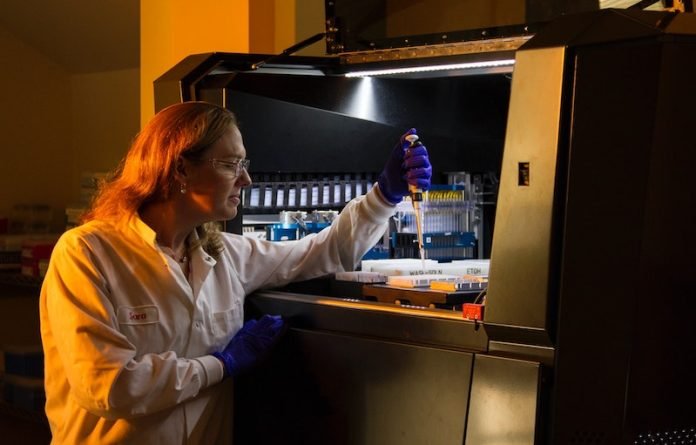
Around 10,500 people a year in the UK are diagnosed with pancreatic cancer, but it has the lowest cancer survival rate, with around 9,000 dying every year.
In a study from the University of Liverpool, scientists found treating pancreatic cancer patients with chemotherapy before surgery significantly improved 1-year survival rates compared to immediate surgery.
Pancreatic cancer is challenging cancer to treat, with surgery being the preferred treatment. When cancer involves the local blood vessels (known as “borderline resectable” cancer), the possibility of surgical removal is less than 50% and the outcomes are poor.
However, the use of chemotherapy or chemoradiotherapy before attempting surgery (neoadjuvant therapy) may increase the possibility of surgical removal and improve survival.
In the study, the team aimed to compare the use of three different types of short-course neoadjuvant therapy versus immediate surgery in patients with borderline resectable pancreatic cancer, to see whether this approach could improve patient outcomes.
They recruited 90 patients in the UK and Germany between 2014 and 2018 and randomly allocated them to the different treatment groups and followed them up for 12 months.
Some patients had surgery as their first treatment, some had chemotherapy before surgery, and others had a combination of chemotherapy and radiotherapy (chemoradiotherapy) before surgery.
The researchers found that neoadjuvant therapy provided a significant survival benefit for patients.
The 1-year overall survival rate was 84% for FOLFIRINOX, 78% for gemcitabine plus capecitabine and 60% for capecitabine-based chemoradiotherapy, compared to 39% for immediate surgery.
There was no big difference in the rates of surgical removal between the surgery and neoadjuvant groups of patients, and the treatments were all well tolerated.
These results provide compelling evidence for the use of short-course neoadjuvant chemotherapy in borderline resectable pancreatic cancer.
The team says future trials will focus on the type and length of neoadjuvant therapy in borderline pancreatic cancer.
Further work will be needed to explore the role of neoadjuvant therapy in resectable pancreatic cancer.
If you care about pancreatic cancer, please read studies about new vaccine to prevent pancreatic cancer, and study solves an 80-year-old mystery of pancreatic cancer.
For more information about cancer, please see recent studies about why some processed meat is strongly linked to cancer, and results showing vitamin D and fish oil may help prevent cancer death and heart attacks.
The study was conducted by Professor Paula Ghaneh et al and published in The Lancet Gastroenterology & Hepatology.
Copyright © 2022 Knowridge Science Report. All rights reserved.



